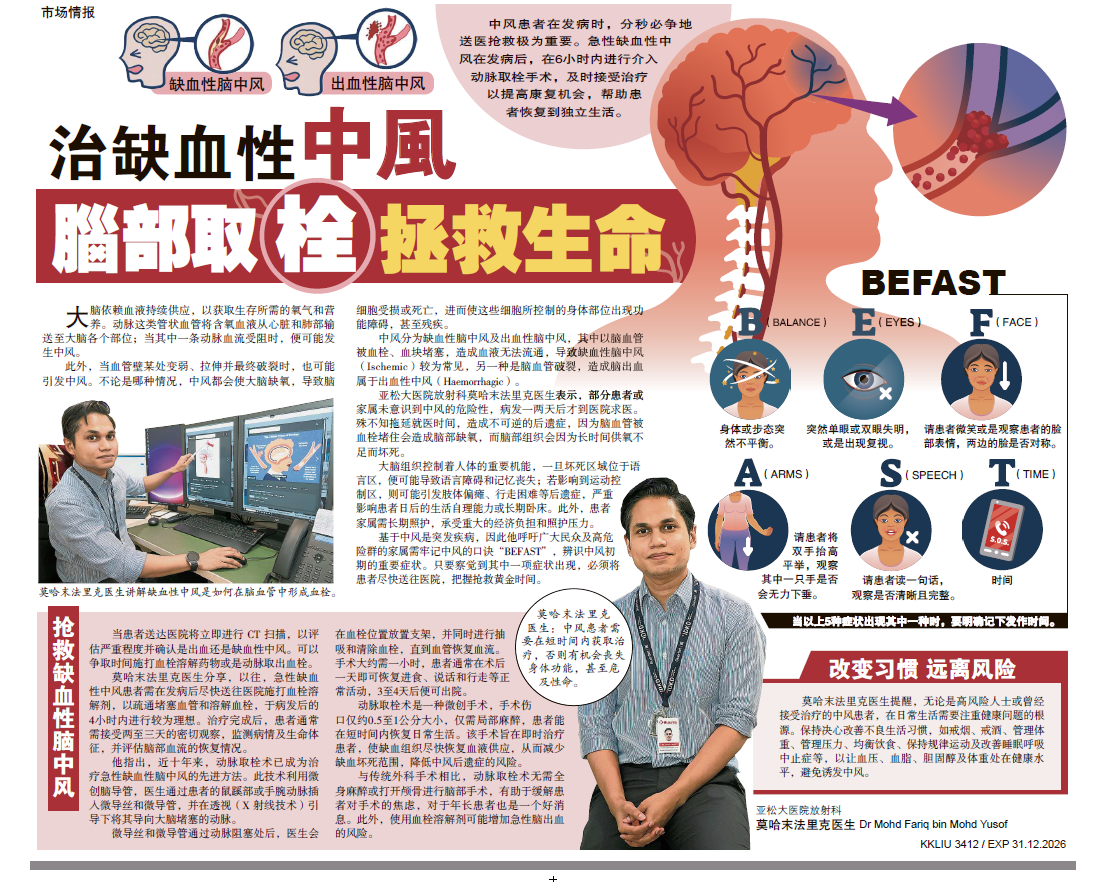The baby is here and you are happy and relieved. Now that there is another little one in your life, your life as a family is complete. You too, feel fulfilled as a woman now that you have experienced pregnancy and childbirth. There will be joy, excitement and new adventures as you watch your baby grow.
However, all you feel is sadness, anxiety and self-doubt. You worry about whether you are being a good mother and feel intimidated when other mothers give advice on babycare. Deep down, you wonder if there’s something wrong with you because you somehow don’t feel the happiness, fulfilment or excitement other new mothers do.
The good news is that you are not alone. Depressive symptoms after childbirth, commonly known as post-partum depression, are extremely common and have already been described in detail by Hippocrates in 700 B.C.
Although childbirth is considered a natural process that women have been undergoing since the beginning of time, it is nevertheless a serious physiological and psychological event for mothers. A woman’s mind, body and spirit have just been through 9 months of pregnancy, culminating in the birth. Hence, some women may need more recovery time than others.
After childbirth, the new mother’s body will be all haywire because of the dramatic changes in circulating hormones. She may still be in pain for several weeks and will be very tired from the lack of sleep from caring for the new baby and breastfeeding. There is so much to do now with a new addition to the family, and she has little time to care for herself.
On top of the physical recovery, a new mother also struggles with changes in her perception of herself, relationship with others and her new role. There are also social changes – income levels, societal status and a loss of freedom. All these snowball into a huge burden which some women find overwhelming, leading to depression.
Basically, Postpartum Disorders fall into three categories: Maternity Blues, Post-partum Depression and Psychotic Depression. The first is the mildest category, and most women overcome it successfully soon after childbirth. The latter two warrants more attention.
Maternity Blues
This is a common condition affecting 50-80% of all new mothers. It usually begins right after birth and can last for up to 14 days. Common symptoms include mood changes, tearfulness, anxiety, irritability and feeling tense.
Maternity blues are believed to be caused by hormonal changes, anxiety about childcare and problems with breastfeeding. Usually no medication is required as all the mother needs is a lot of reassurance and family support. Practical advice, such as how to bathe baby, breastfeed, change diapers, swaddle or baby massage helps make the new mother feel empowered and confident.
Postpartum Depression
Postpartum depression affects up to 20% of new mothers. Mothers suffering from this feel sad, hopeless, helpless and worthless. They lose interest in normal passions and feel unable to cope with their new responsibilities due to low energy, low drive, poor attention and concentration.
Some mothers may feel guilty, inferior and suicidal. The feelings are usually worse in the mornings, and they may experience loss of appetite and sleep disturbances. Some present instead with physical symptoms such as bringing their healthy babies repeatedly to the clinic.
Postpartum depression can stem from many causes such as:
- Hormonal changes – Sharp drop in oestrogen and progesterone that are normally increased 10x during pregnancy. There are changes also in plasma cortisol, the stress hormone occurring at this time.
- Psychosocial factors such as feeling of inadequacy regarding childbearing
- Ambivalence towards pregnancy
- Low self-esteem
- Interpersonal issues such as marital and mother-daughter problems
- Financial problems with additional expenses
- Obstetric complications
Interestingly, many women with post-partum depression do not recognize they have an illness, thinking that they are just having the blues. Many associate depression with false notions, such as that it is untreatable and there is a stigma associated with treatment.
Left untreated, postpartum depression can lead to :
- Disturbed mother-infant relationship
- Marital tension
- Psychiatric morbidity in children later stage
- Vulnerability to future depression
- Suicide and/or infanticide (killing of baby)
In managing postpartum depression, the psychiatrist will first investigate social factors and mobilise support. In mild cases, this is often sufficient. The new mother will also be connected to self-help networks and groups for material, emotional and physical help. Mothers who have had the same experience can share their experiences.
In more severe cases, antidepressant medication, psychotherapy and/or Electroconvulsive treatment may be recommended, whether independently or in combination. A combination of drug treatments with psycho-social interventions is known to have the best results.
Antidepressants need to be taken for at least 3-4 weeks before any improvement can be seen. Once they feel better, the medication needs to be continued for at least 6- months to prevent a relapse. Mothers who are breastfeeding will need to discuss with the doctor about the safety of the medication.
Psychotic Depression
Psychotic depression is almost the same as postpartum depression, but in addition they have delusions (false beliefs) and hallucinations (false perceptions) such as feeling that ‘someone’ or ‘something’ is watching or disturbing them. Patients may also show gross abnormalities of speech and behaviour.
Psychotic depression is considered a Psychiatric Emergency and needs inpatient treatment. It is a severe and life-threatening condition, and the patient must be closely monitored for suicide and/or infanticide. Fortunately it is not very common, affecting only 0.2% of new mothers.
Factors that lead to psychotic depression include:
- Hormonal changes
- Out of wedlock baby
- First child
- Caesarean birth
- Perinatal death (stillbirth or neonatal death)
- Psychiatric history
- Family history of Psychiatric illness
Treatment is with Electroconvulsive Therapy or a combination of antipsychotics & antidepressants. Most patients often recover but will need further monitoring as they may cause problems to the family. Some women may blame the child for their condition, while anger from the family can be projected to the child. On the opposite end, some women go on the opposite end and overprotect the child. Counselling is necessary to handle the topic of future pregnancies.
Preventing Postpartum Disorders
It is wrong to assume that parenting skills come naturally. Most are learned, whether from word of mouth from one generation to another, through books, websites and experiences of other women. Here are some tips to prevent postpartum depression:
- Be informed and learn as much as possible about childcare before the baby arrives
- Get help from husband, relatives and friends with daily chores, work or other responsibilities
- Make friends with other couples who have experienced childbirth
- Don’t overload yourself with unimportant tasks
- Don’t make big changes after baby is born, such as moving house, migrating to a new state or country or changing jobs
- Don’t be too concerned with keeping up appearances
- Get plenty of rest and sleep. Sleep when the baby is asleep; the vacuuming can wait!
- Arrange for baby sitters early, preferably before the baby is born
- Don’t give up outside interests. Reduce the frequency but maintain contact with the outside world
Confinement Practices
Don’t ignore the confinement practices your mother, grandmother or mother-in-law imposes because they are there for a good reason! Postpartum rituals can help prevent postpartum depression by putting in place practices that reduce fears and other emotions related to childbirth.
Rituals are a learning process, where the extended family teaches the younger members. They are also a form of support, helping the new mother emotionally and mentally. Ritualistic acts such as massage, confinement meal, poems, songs, etc reassures a new mother that her feelings, concerns, fears and sensations, although uncomfortable, are normal and will soon pass.












